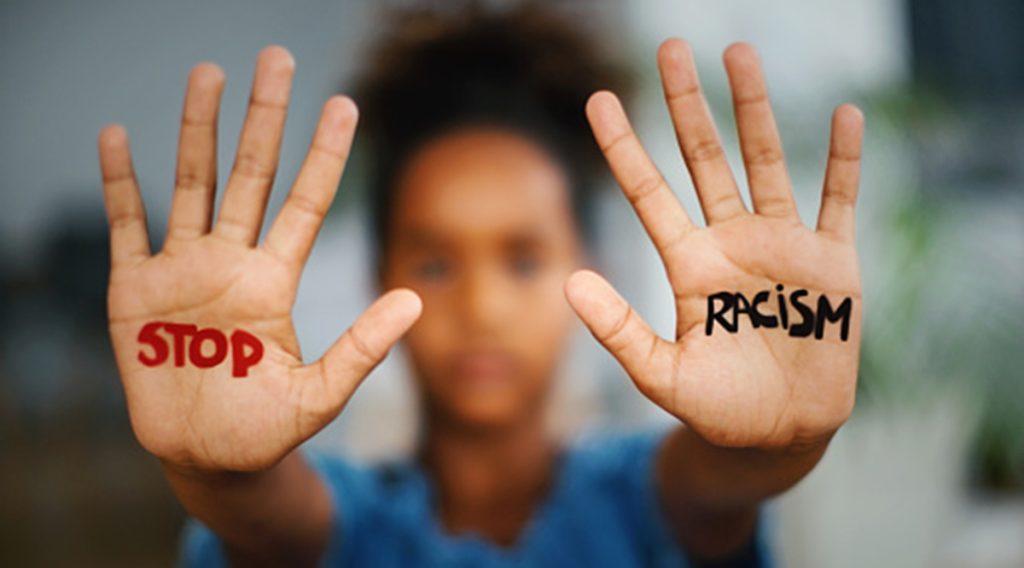Racism is a deeply rooted issue that affects individuals and societies worldwide. It manifests in discrimination, prejudice, and systemic inequality, creating divisions among people. Preventing racism requires conscious efforts at personal, community, and institutional levels. Through education, awareness, and inclusive practices, people can help build a more equitable and accepting society. Here is how to prevent racism.
Promoting Education and Awareness
One of the most effective ways to prevent racism is through education. People often develop prejudices due to misinformation or a lack of exposure to different cultures and perspectives. Schools, workplaces, and communities can take steps to educate individuals about diversity, history, and the impact of racism.
- Teaching history accurately: Understanding past injustices, such as slavery, segregation, and colonialism, helps people recognize the roots of racial discrimination
- Encouraging open discussions: Conversations about race, privilege, and discrimination allow people to challenge biases and learn from different experiences
- Providing diversity training: Workplaces and institutions can offer training programs that promote inclusivity and teach people how to recognize and combat racism
Education fosters understanding and empathy, reducing the likelihood of discriminatory attitudes and behaviors.
Challenging Stereotypes and Biases
Stereotypes and unconscious biases contribute to racism by shaping how people perceive others based on race or ethnicity. Individuals can take steps to challenge these biases by:
- Examining personal prejudices: Acknowledging and questioning one’s own biases is the first step toward change
- Avoiding racial generalizations: Recognizing that no race or ethnic group is homogenous prevents false assumptions about people based on appearance
- Speaking out against racist remarks: Calling out offensive jokes, comments, or stereotypes helps create a culture of accountability
By rejecting stereotypes and confronting biases, people can contribute to a more respectful and fair society.
Encouraging Diversity and Inclusion
Inclusive environments promote respect and equality among people of different backgrounds. Schools, workplaces, and communities can take active steps to encourage diversity by:
- Implementing fair hiring and admission policies: Ensuring equal opportunities for people of all races in jobs and education helps reduce systemic discrimination
- Celebrating cultural diversity: Acknowledging and respecting different traditions, holidays, and customs fosters appreciation for various cultures
- Creating safe spaces for marginalized voices: Giving underrepresented groups a platform to share their experiences strengthens inclusivity
Diversity should be embraced as a strength rather than a source of division.
Strengthening Anti-Racist Policies and Laws
Legislation plays a critical role in combating racism by protecting individuals from discrimination and ensuring justice. Governments and institutions can contribute by:
- Enforcing anti-discrimination laws: Strict legal measures should be in place to hold individuals and organizations accountable for racist practices
- Addressing racial inequalities in the justice system: Ensuring that law enforcement and courts treat all people fairly reduces racial disparities
- Promoting equal access to resources: Education, healthcare, and job opportunities should be accessible to all, regardless of race
Legal frameworks help create a fair society where racism is not tolerated.
Encouraging Cross-Cultural Interactions
Racism often stems from ignorance or fear of the unfamiliar. Encouraging interactions between people from different racial and ethnic backgrounds can break down barriers and build mutual respect. This can be done by:
- Participating in multicultural events: Engaging in cultural festivals, food fairs, and community activities promotes appreciation for diversity
- Forming friendships outside one’s racial group: Personal connections help people understand and respect different backgrounds
- Promoting representation in media: Diverse characters and stories in movies, TV, and books challenge racial stereotypes and showcase different perspectives
The more people interact with those from different backgrounds, the less room there is for prejudice.
Speaking Up Against Racism
Silence allows racism to persist. Whether it occurs in conversations, workplaces, schools, or public spaces, individuals must take a stand when they witness discrimination. People can combat racism by:
- Calling out racist behavior: Politely but firmly addressing offensive remarks or actions discourages discrimination
- Supporting anti-racist movements: Participating in peaceful protests, signing petitions, and donating to organizations fighting against racism can help drive change
- Amplifying marginalized voices: Listening to and sharing the experiences of those affected by racism brings attention to the issue
Taking action, no matter how small, contributes to a more just and inclusive society.
Also Read: How To Prevent Corrosion
Email your news TIPS to Editor@Kahawatungu.com — this is our only official communication channel


